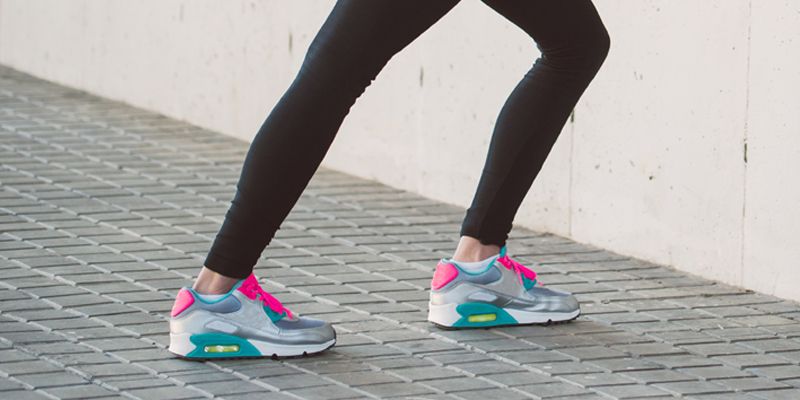
In our article “Running the Right Way,” we discussed the toll that running with an improper gait and posture can take on our knees, feet, ankles, hips and lower back. (For more information, check out the article at https://invincible-pun.flywheelstaging.com/physical-therapy/Runnin…) As the article also explains, choosing the wrong running shoes can also affect our running style. Poorly fitted running shoes can result in pain in the above areas as well as injuries and symptoms like arch and heel pain, flattening of the feet/arches, ankle sprains, tendonitis (particularly in the Achilles’ tendon) and corns and calluses. When it comes to choosing running shoes, the cheapest are not always the best option, and one size definitely does not fit all! So, how can you learn which shoes are best for running? You must learn more about your running style and foot type, and you can start on your own with a quick “wet test”! We are not saying that this is 100% accurate, as for some people, a “flat” or “high arched” foot is completely normal. To accurately assess this, you would have to see a professional, such as a physical therapist who is knowledgeable in the foot and ankle. However, if you are noticing issues with your foot/ankle with running, this is a simple test to determine what type of foot you have.
First, submerge your entire foot in water. Next, press it down firmly on a thick and sturdy piece of paper or piece of cardboard. Make sure the entire bottom of your foot is making an imprint. Now take a good look at your footprint. Your arch type will tell you a lot about the way you walk and run! If you can see about half of your arch, you have “normal” arches and are in the majority. You are a normal pronator. Pronation is the way our feet roll inwards as we walk while simultaneously, our heels touch against the ground to flatten the foot with each step. The feet function in this way to serve as our bodies’ natural shock absorbers. If this is your foot type, most running shoes will work for you, but you may want to choose shoes that focus on arch support as a precaution.If your foot appears flat, this doesn’t mean that you have no arch, but instead that your arch is low. This means that you are an overpronator and your feet actually move too much, causing the arches to collapse inward. If this is your foot type, you need shoes that provide stability to prevent too much of this inward motion. These shoes typically provide this extra support by having thicker soles or post like structures embedded in them.
Both of the above foot types are seen frequently when taking the wet test. If you have a high arch, or the least common foot type, your footprint will show the ball and heel of your foot and the sole will not be too visible at all. Although this may be the least common foot type, it poses the highest risk for injury as the foot is not properly functioning as a shock absorber. People with this foot type are supinators, meaning that the foot rolls outward as opposed to inward while walking or running and this puts strain on the muscles and tendons of the ankle. The best type of running shoe for this foot type should have soft midsoles to train the foot to pronate and roll inward in a more natural way. It is important that people with this foot type do not choose shoes that contain stability devices, as this discourages that pronating motion they need more of!
If you have running related pain and injuries and need more help learning how to choose the right shoes for you, a physical therapist at Rebalance can help!They will use a hands-on and personal approach to evaluate the causes of already existing pain and treat it accordingly. They will determine if you have any mechanical imbalances due to your foot type and running style so that you can avoid any future missteps. They will also help you to work on your balance and stability to get you running the right way!
In-Person and Online Consultations


